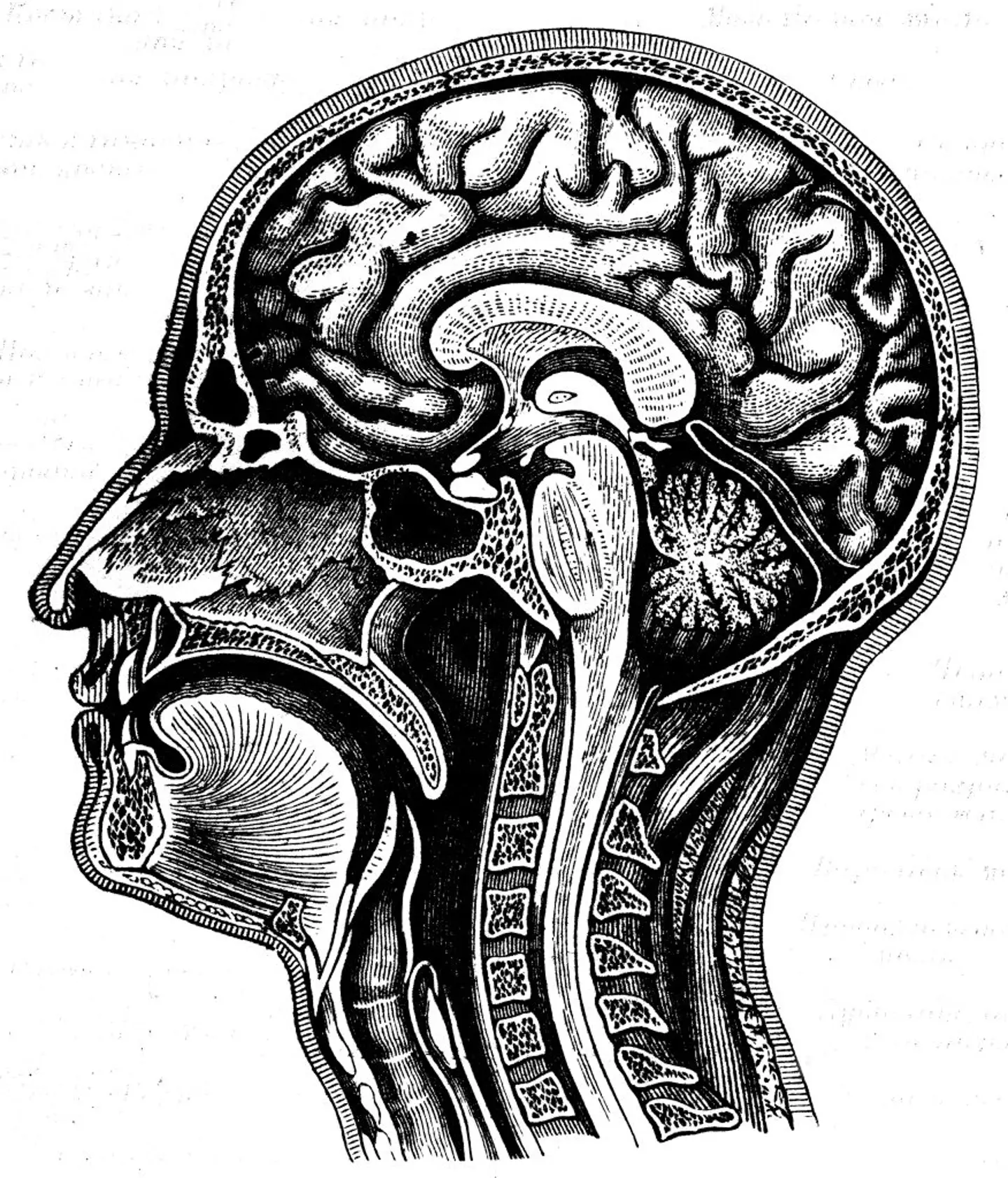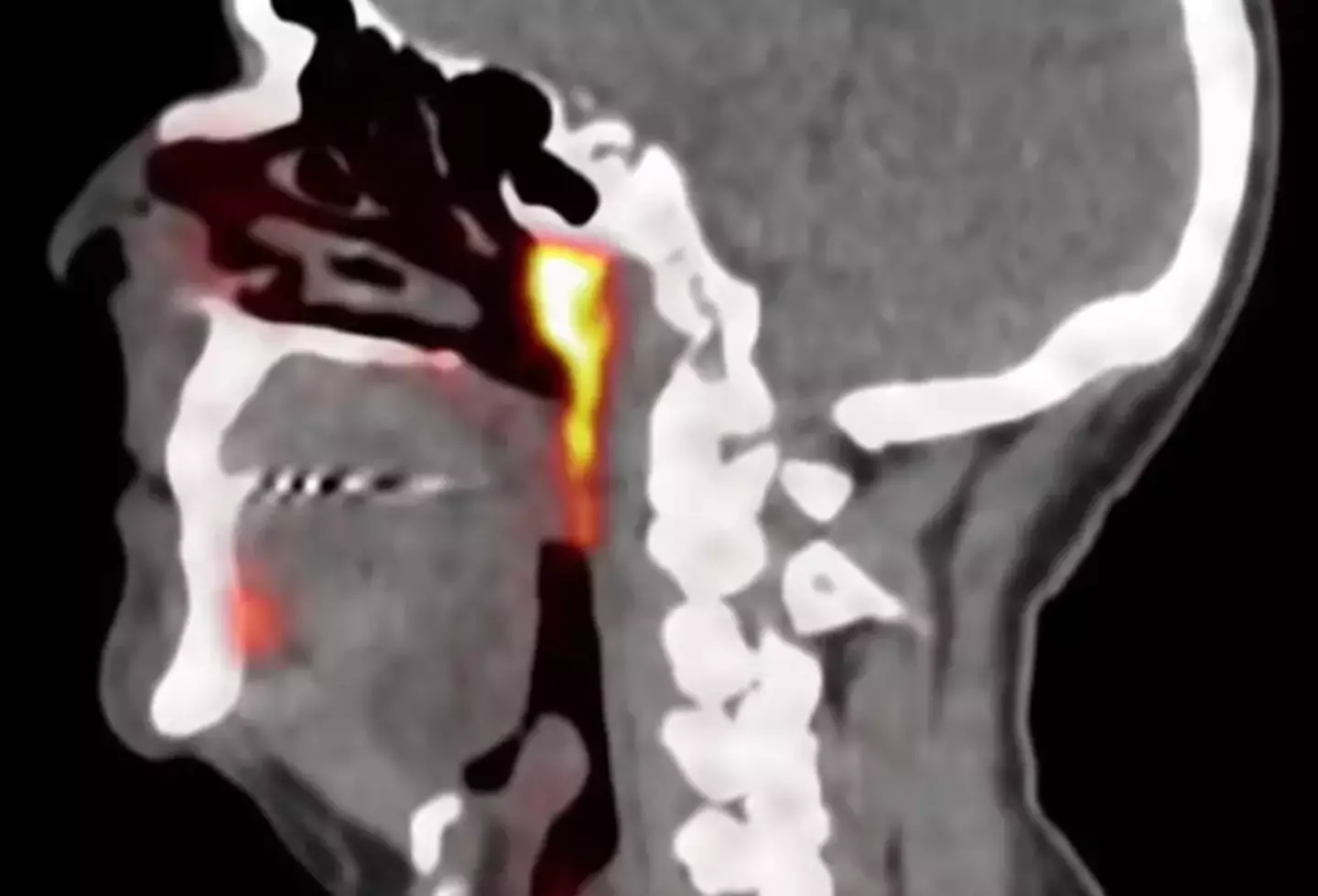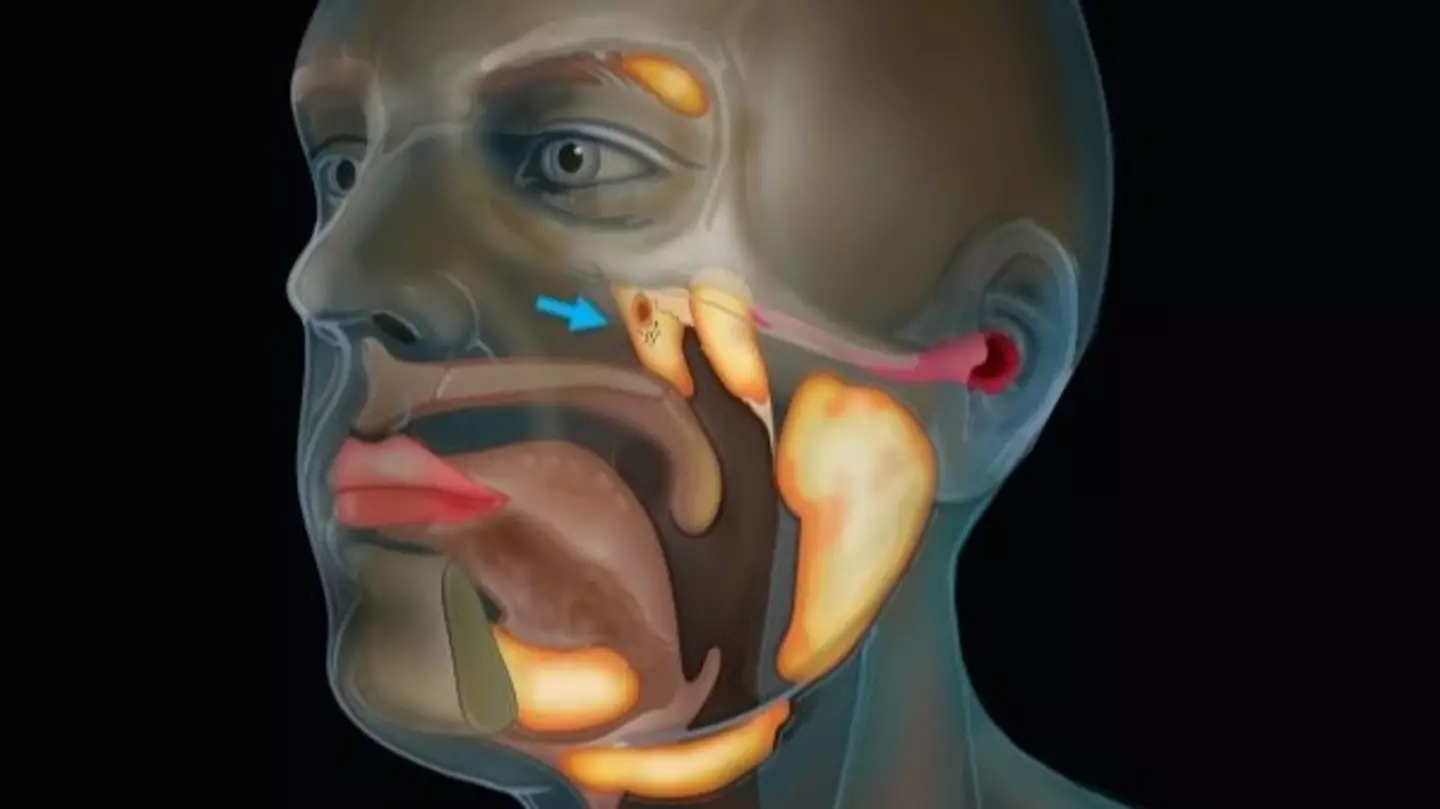It turns out there’s a previously unknown organ in the human body that has just been discovered.
The human body’s complexities are endlessly fascinating, and one would think that by now, in the modern age, we would have uncovered all there is to know about it.
This assumption has been proven incorrect after scientists inadvertently discovered a new organ, which they subsequently named.
Researchers at the Netherlands Cancer Institute, while studying prostate cancer in September 2020, made this groundbreaking find. Interestingly, the organ isn’t located near the prostate; it’s situated at the opposite end of the body.
This newly identified organ has been hiding in plain sight, just behind the nose, and it plays an important role in bodily function.

The organ’s discovery may provide insights into why cancer patients undergoing radiotherapy experience issues like dry mouth and difficulty swallowing, as the organ is located in the head, just under the face.
You might wonder how scientists researching prostate cancer ended up finding a new organ in the head. This revelation occurred during the scanning process.
While investigating the cancer, researchers conducted CT and PET scans on patients who had been injected with radioactive glucose, intending to highlight tumors by making them glow on the scans.
During these scans, the researchers observed two unexpectedly glowing areas in the patients’ heads, which led them to realize there was a hidden set of salivary glands in that location.
They named their discovery the tubarial salivary glands, as these glands are situated behind the nose and in the region where the nasal cavity joins the throat.
These glands are responsible for ‘lubricating and moistening the area of the throat behind the nose and mouth.’

The scientific team was astonished that these glands had remained unnoticed for so long. Dr. Wouter Vogel, a radiation oncologist at the Netherlands Cancer Institute, noted that the glands’ small size likely contributed to them being overlooked.
Dr. Vogel stated that they were only found due to ‘very sensitive imaging’ and are ‘not very accessible.’
He remarked: “People have three sets of large salivary glands, but not there.
“As far as we knew, the only salivary or mucous glands in the nasopharynx are microscopically small, and up to 1,000 are evenly spread out throughout the mucosa. So, imagine our surprise when we found these.”
Worryingly, Dr. Vogel mentioned that a ‘single misdirected zap’ during medical treatments could cause permanent damage to the organ, although ‘nobody ever tried to spare them’ before, which is understandable since their existence was unknown.
The team now hopes that this discovery will help reduce some of the side effects associated with cancer treatments and radiotherapy, as they believe treatment may inadvertently affect the tubarial salivary glands.
With this knowledge, the ‘next step’ is to determine how to protect the organ during medical procedures.

